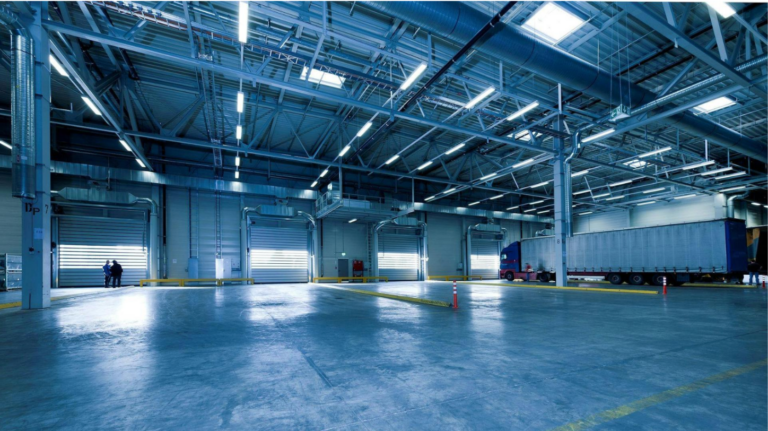A landmark study by Transport for the South East (TfSE) has revealed a growing warehousing shortfall across the region, threatening the resilience of supply chains and the future economic growth of the freight and logistics sector.
The Warehousing Provision Freight Study, prepared by consultancy Steer with support from Savills, underscores the strategic importance of warehousing in underpinning the South East’s transport networks and broader economy.
It highlights a long-standing and widening gap between supply and demand for suitable logistics property, particularly in high-demand corridors such as Thames/Medway and along the M3 and M4.
Despite a total regional inventory of approximately 308 million sq.ft of warehouse space, availability rates have fallen below the industry equilibrium threshold of 8%, sitting at just 6.1%. This reflects a national pattern of tightening supply observed over the past decade.
The quality of existing stock is also a concern, with only 9% classified as above average, suggesting that much of the available space fails to meet modern occupier requirements.
According to the study, between 2012 and 2024 demand for warehousing consistently outpaced supply, leading to a 78% increase in rental prices. Current annual net absorption stands at 2.3 million sq.ft, yet net deliveries lag behind at 1.9 million sq.ft per year.
Demand is driven predominantly by logistics and manufacturing sectors, which account for 70% of floorspace leasing.
Looking ahead, factors such as sustained e-commerce growth, increased housing development, and rising freight volumes are projected to further intensify pressure on available warehousing.
The study forecasts a need for an additional 936 hectares of industrial land across the South East over the next decade, with the Thames Medway area alone accounting for 51% of this requirement.
In response, the report calls for stronger coordination between local planning authorities, the adoption of alternative methodologies to assess warehousing needs, and enhanced collaboration with government to recognise logistics land as critical infrastructure.
TfSE has committed to engaging through its Wider South East Freight Forum to explore actionable solutions.
The study forms part of TfSE’s broader Freight Logistics and Gateways Strategy, which seeks to secure the region’s position as a competitive, low-carbon logistics hub.
Without intervention, the continued shortage of modern warehousing risks undermining the region’s supply chain resilience and economic ambitions.







